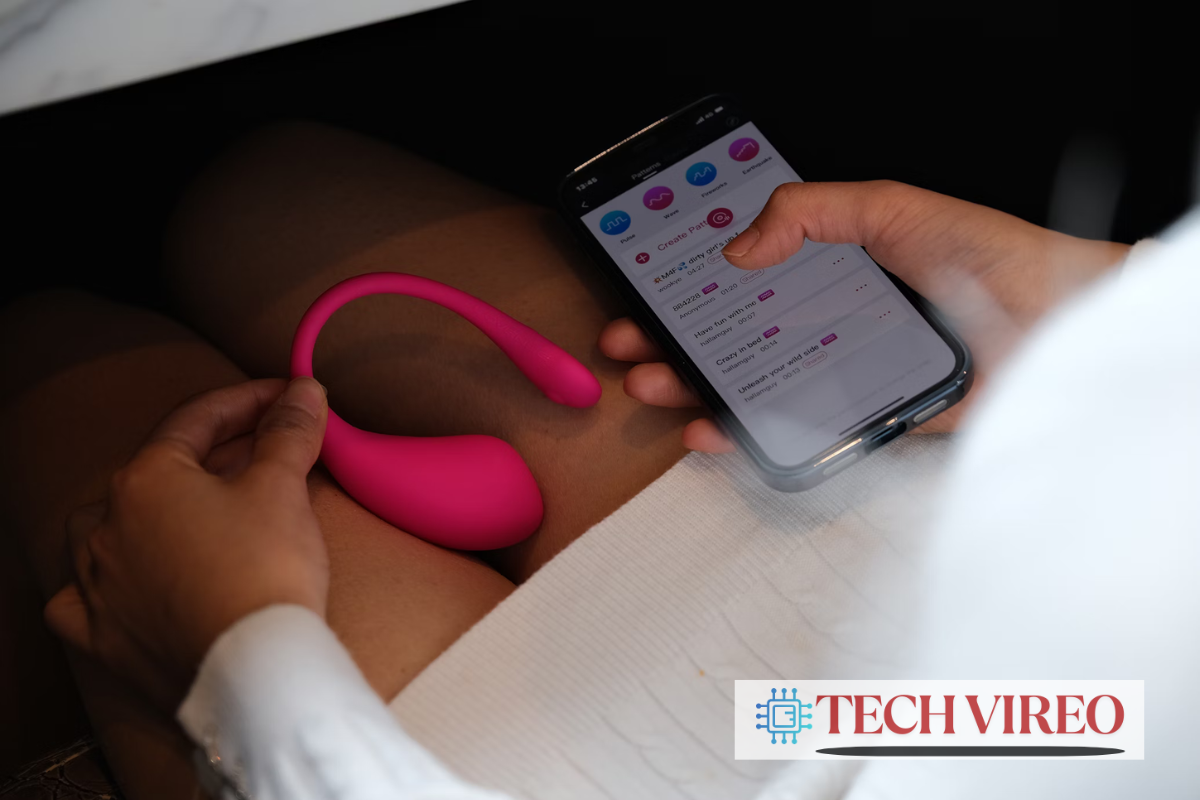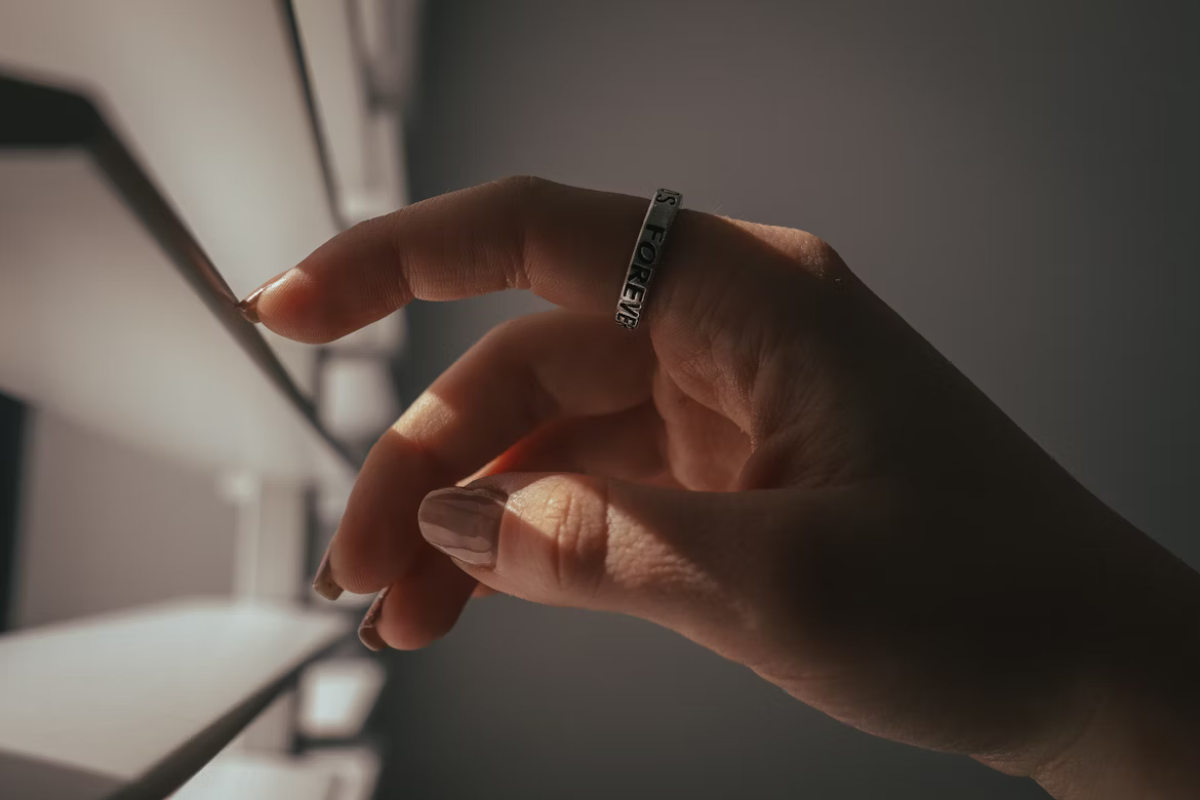Sleep Smarter, Not Harder
In 2025, quality sleep is no longer a luxury it’s a necessity. With rising sleep disorders in both the UK and USA, millions are turning to wearable sleep trackers 2025 to improve rest, monitor recovery, and optimize health. But with so many options on the market, which sleep tracker truly delivers results?
The battle of the titans Oura Ring Gen 4, Fitbit Sense 3, and WHOOP 5.0 is heating up. Each claims to offer cutting-edge technology, accurate sleep data, and actionable insights. But what really sets them apart? Whether you’re a wellness-focused professional, athlete, or just tired of being tired, this guide compares these top devices side by side so you can find the best sleep tracker 2025 for your lifestyle.
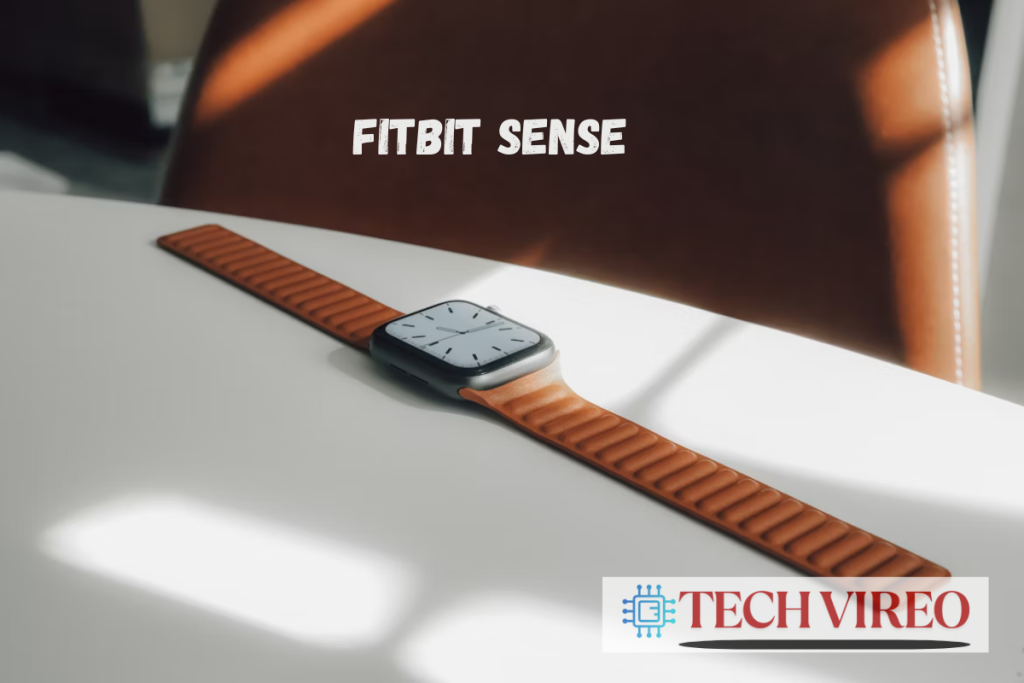
Why Sleep Tracking Is More Important Than Ever in 2025
- Chronic insomnia and poor sleep affect over 30% of adults in the UK and USA
- Sleep impacts mental health, productivity, immunity, and weight
- Wearables offer non-invasive, 24/7 sleep monitoring to build healthier routines
- Track REM, deep sleep, HRV, and circadian rhythm alignment
Meet the Top 3 Sleep Trackers of 2025
- Oura Ring Gen 4 Discreet, Powerful & Wellness-Focused
- A sleek, ring-shaped tracker with highly accurate sleep stage detection
- Monitors heart rate variability (HRV), body temperature, and respiratory rate
- Best for minimalists, biohackers, and professionals who value deep insights
- Fitbit Sense 3 – All-in-One Health Smartwatch
- Tracks sleep, SpO2 (oxygen levels), stress (EDA sensor), and snore detection
- Includes smart alarms, voice assistants, and Google Health integration
- Perfect for everyday users who want sleep and fitness in one device
- WHOOP 5.0 – Designed for Athletes and Recovery Junkies
- Provides strain vs recovery balance, sleep coaching, and daily performance scores
- No screen; works exclusively through the WHOOP app
- Subscription-based model; strong focus on behavior change and sleep debt tracking
Comparison Table | Oura Ring vs Fitbit vs WHOOP (2025)
| Feature | Oura Ring Gen 4 | Fitbit Sense 3 | WHOOP 5.0 |
| Form Factor | Ring | Smartwatch | Band (strap) |
| Sleep Stage Accuracy | Very High | Moderate–High | High |
| HRV Monitoring | Yes | Yes | Yes |
| Smart Alarm | No | Yes | No |
| Battery Life | 5–7 Days | ~6 Days | ~5 Days |
| Subscription Required | Optional (£5/mo) | No (Free Sleep Tier) | Yes (£20/mo) |
| Ideal For | Wellness users | General consumers | Athletes / Trainers |
Which Tracker Offers the Most Accurate Sleep Data?
Sleep tracking accuracy is critical especially when it comes to REM, deep sleep, and recovery insights.
- Oura Ring uses infrared sensors, temperature tracking, and AI modeling. Its sleep stage accuracy is backed by independent validation studies.
- Fitbit provides a general overview of sleep stages and includes snoring detection, making it useful for sleep hygiene awareness.
- WHOOP focuses on recovery metrics, including sleep latency, disturbances, and sleep debt.
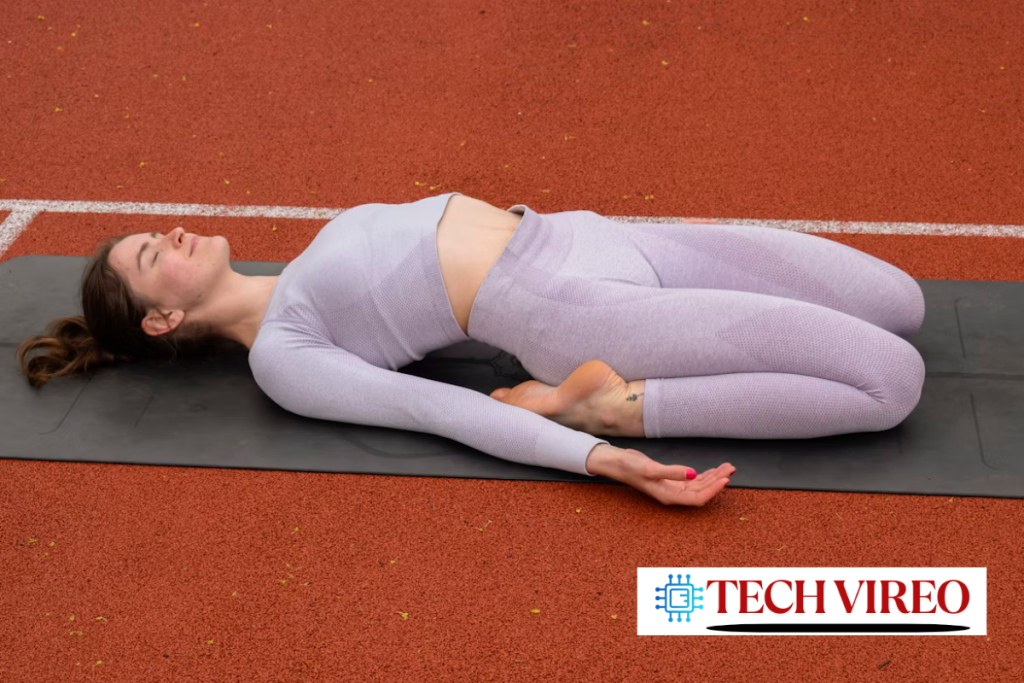
Battery Life & Charging Convenience
- Oura Ring: 5–7 days of battery life with a magnetic USB charger.
- Fitbit Sense 3: ~6 days with fast-charging support (12 minutes = 1 day).
- WHOOP: 5 days + on-the-go charging while wearing the device.
App Experience, Insights & Ease of Use
- Oura App: Sleek interface offering daily Sleep Score, Readiness Score, and weekly trends.
- Fitbit App: Beginner-friendly dashboard with integration to Google Fit and wellness challenges.
- WHOOP App: Deep dive into strain, recovery, and sleep efficiency. Requires time to learn but offers elite coaching value.
Price & Subscription Comparison for UK and USA Users
Device Cost (UK/USA)
- Oura Ring Gen 4: ~£299 / $299 + optional £5.99/month for advanced insights
- Fitbit Sense 3: ~£229 / $249 – no subscription required for sleep tracking
- WHOOP 5.0: Free device with £20/month or £240/year subscription
Which Sleep Tracker Is Right for You?
For Wellness-Focused Users → Oura Ring
If you prefer sleek design, privacy, and deep sleep insights with minimal distractions.
For General Fitness + Sleep Needs → Fitbit Sense 3
Great if you want a sleep tracker with smartwatch capabilities and free features.
For Serious Recovery & Performance Monitoring → WHOOP 5.0
Best for athletes or users heavily invested in recovery optimization.
Pros & Cons Overview
| Tracker | Pros | Cons |
| Oura | Discreet, high accuracy, optional subscription | No display, slightly expensive |
| Fitbit | All-in-one device, free sleep tracking, voice control | Slightly less accurate on deep sleep stages |
| WHOOP | Best coaching insights, real-time recovery data | Mandatory subscription, steep learning curve |
Data Privacy & Wearable Ethics in 2025
- Oura champions data privacy with encrypted storage and GDPR compliance
- Fitbit, now part of Google, raises some user concerns but offers control settings
- WHOOP shares data anonymized for research; user control over insights remains strong
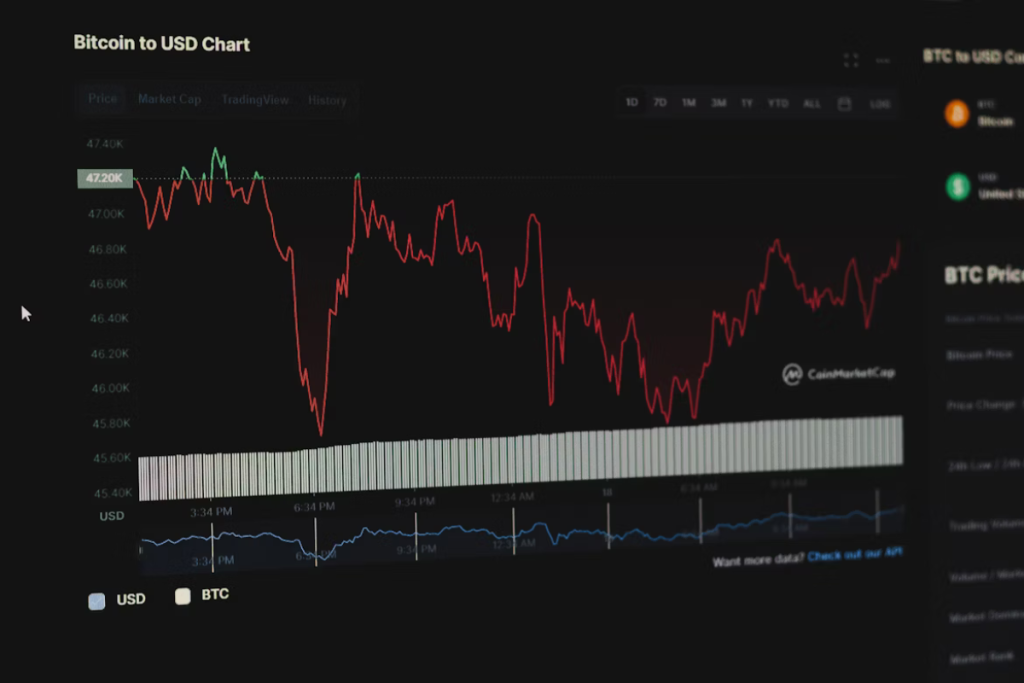
Frequently Asked Questions (FAQs)
1. Which sleep tracker is most accurate in 2025?
The Oura Ring Gen 4 is currently leading in clinical-grade accuracy.
2. Is WHOOP worth the subscription cost?
If you value recovery and athletic performance insights, absolutely.
3. Does Fitbit detect sleep apnea?
It offers snore and SpO2 tracking, but isn’t a certified apnea detector.
4. Can I wear these devices while swimming or showering?
Yes, all three are water-resistant, though check specific model specs.
5. What’s the best tracker for sleep-only insights (not fitness)?
Oura is best suited if you want focused sleep-only tracking.
Final Verdict: The Best Sleep Tracker 2025
In the end, the “best” tracker depends on your personal goals, budget, and lifestyle:
- Choose Oura if sleep is your focus and you want rich, accurate data.
- Choose Fitbit if you need a blend of sleep tracking and smartwatch utility.
- Choose WHOOP if you’re serious about athletic recovery and coaching-level insights.



